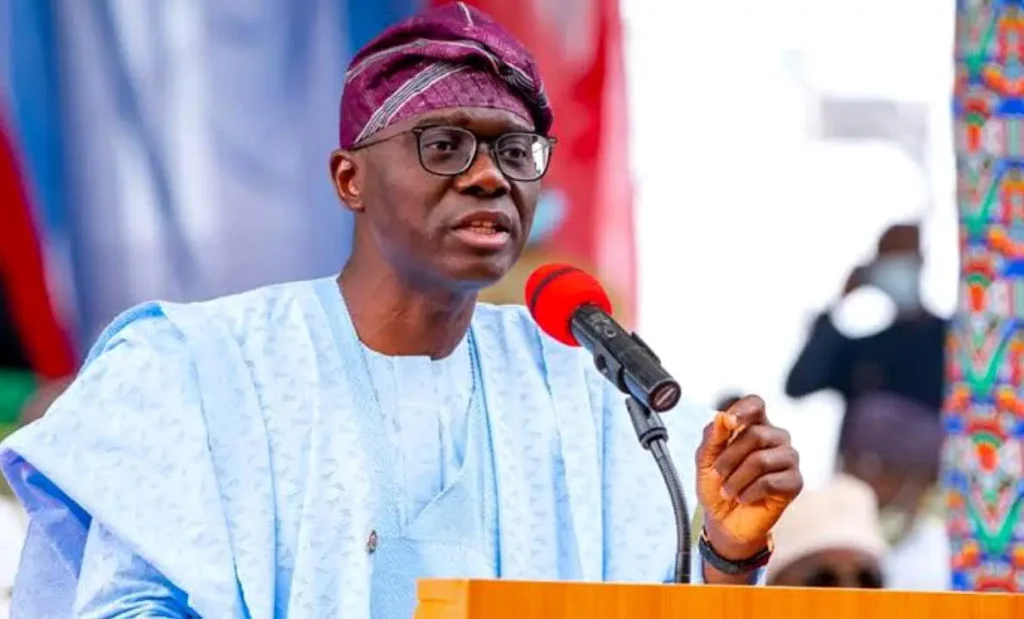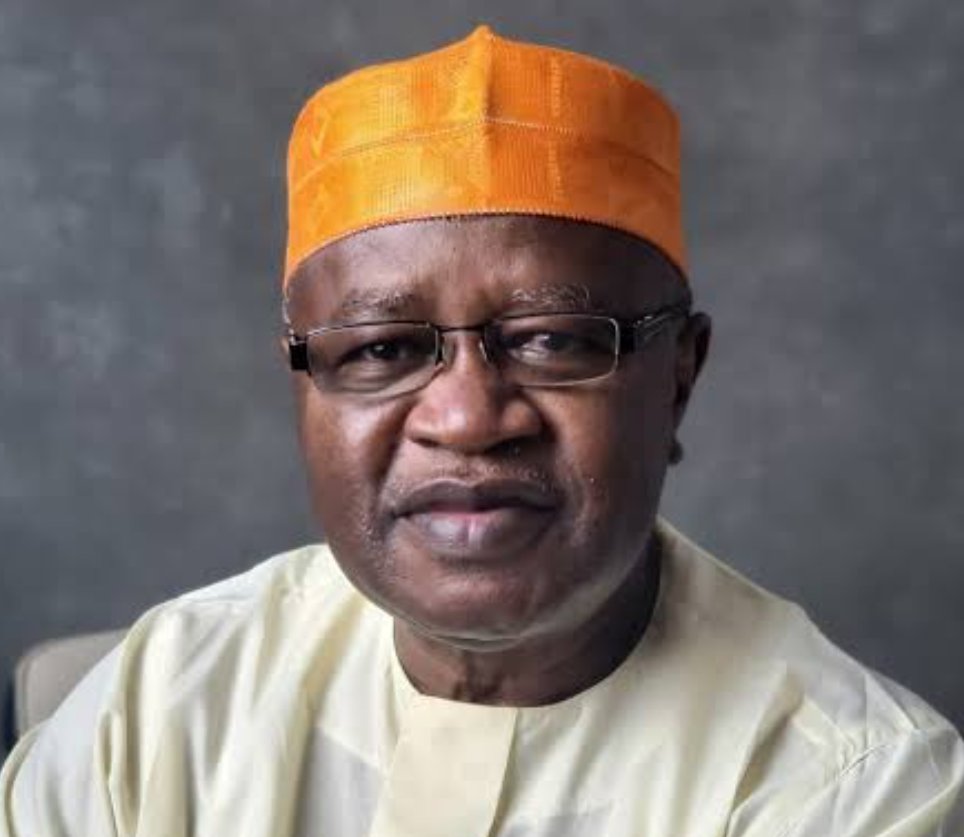The International Monetary Fund’s (IMF) recent assessment revealed Nigeria’s stagnant per-capita growth, high poverty rates, and significant food insecurity. The IMF emphasized the urgent need for structural reforms in light of these challenges.
The IMF’s Executive Board Post Financing Assessment (PFA) endorsed the staff appraisal, highlighting Nigeria’s ability to repay the $3.4bn loan approved in 2020. However, it also underscored the country’s pressing issues that demand immediate attention.
Nigeria’s economic growth, despite swiftly exiting the COVID-19-induced recession, has struggled to keep up with its population growth. The reliance on the hydrocarbon economy, along with security concerns in the Northern region, has hampered overall growth and severely impacted agriculture and food security.
With 25 million Nigerians currently facing food insecurity and a poverty rate of 37 per cent in 2022, the severity of the economic challenges is evident. The IMF projected a modest improvement in growth for 2023 and 2024, subject to enhanced performance in the hydrocarbon sector and better control over oil theft.
The IMF acknowledged Nigeria’s initial efforts in addressing structural issues, particularly in terms of price stability, fiscal responsibility, and revenue mobilization. However, the country continues to grapple with an arduous external environment, low reserves, and limited fiscal space.
To restore macroeconomic stability, the IMF emphasized the importance of monetary tightening and fiscal adjustments, as well as the government’s push for digitization and improved revenue collection. Furthermore, the IMF recommended the complete phase-out of fuel and electricity subsidies, advocating for targeted support to vulnerable populations through social transfers.
Amidst these challenges, the IMF’s assessment and recommendations provide a roadmap for sustainable growth and stability. The emphasis on comprehensive reforms, fiscal discipline, and targeted support for the vulnerable highlights the intricate balance needed to address Nigeria’s economic woes.



